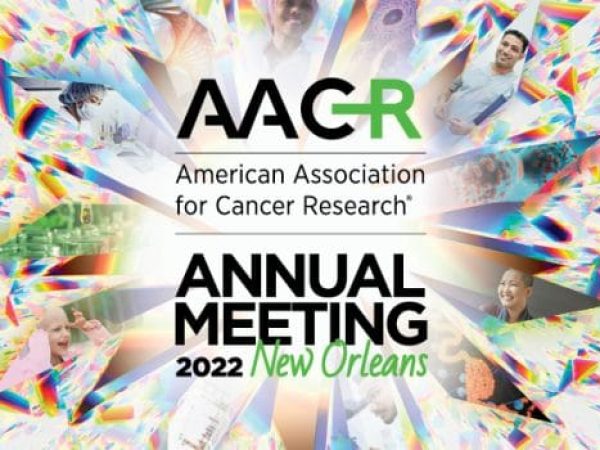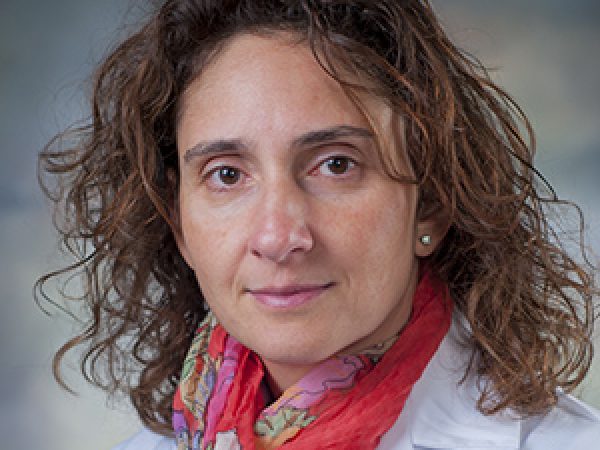The Financial Burden of Cancer: Patient-centered Outcomes Research
Guest Post by Jonas de Souza, MD
The University of Chicago Medicine
Cancer care has a new side effect. Along with the distress that comes with a cancer diagnosis and the discomforts of treatment, more patients now have to deal with “financial toxicity,” the expense, anxiety, and loss of confidence confronting those who face large, unpredictable costs, often compounded by decreased ability to work.
Few physicians discuss this increasingly significant side effect with their patients because physicians aren’t trained to do this. It makes us, as well as patients, feel uncomfortable.
A team of researchers at The University of Chicago have developed an 11-question tool, assembled from conversations with more than 150 patients with advanced cancer, to measure a patient’s level of financial stress. We call this patient-reported outcome measure COST (COmprehensive Score for financial Toxicity). Studies are being conducted to validate and estimate the exact impact of costs, as measured by this tool, in a patient’s quality of life. We believe that a thoughtful, concise tool has the potential to open the lines of communication.
The timing is right. The cost of health care in the United States is rising faster than the gross domestic product, and the cost of new cancer drugs is rising faster than the cost of overall cancer care.
We need better ways to find out which patients are most at risk. Then we can help them get financial assistance. If physicians know the impact of costs on a patient’s quality of life or if patients know what to expect, the conversation may even include outlining less costly options. Also, it may help caregivers determine who is likely to need education, financial counseling, or referral to a support network.
We feel it is important to assess outcomes that are important for patients. The cost burden cancer patients experience is definitely one of them. Researching ways to measure this toxicity in a reliable and consistent way is the first step toward addressing this important issue. At the end, this is another important piece of information in the shared decision-making process. The COST tool is available at FACIT.ORG. Download the questionnaire here. More information about how it was developed and what needs to be done to further validate it can be found in our peer-reviewed paper.
Jonas de Souza, MD, is an assistant professor of medicine and health service researcher at the University of Chicago Medicine.




